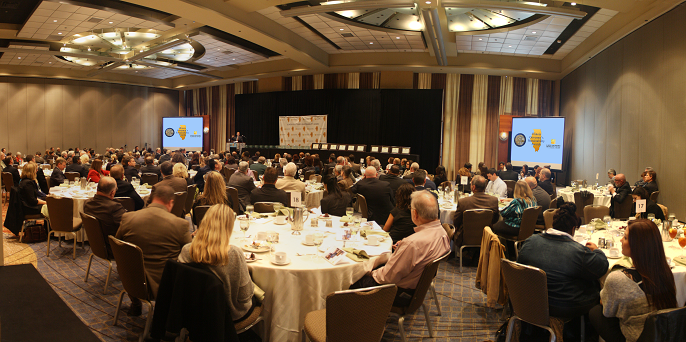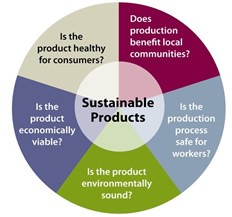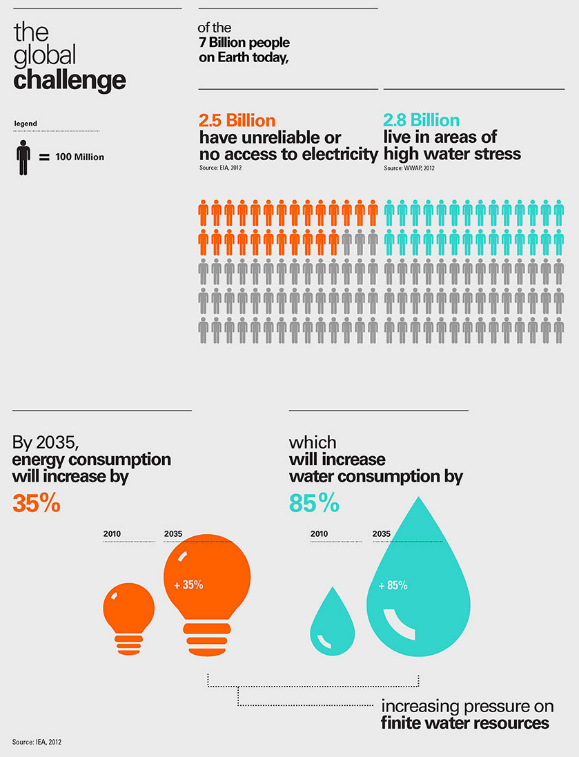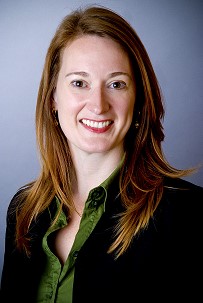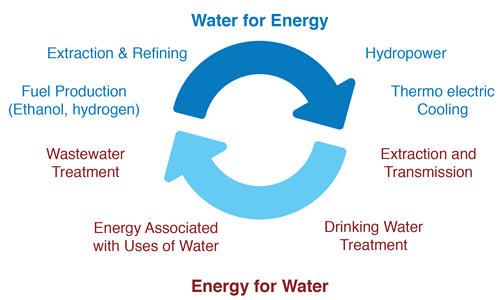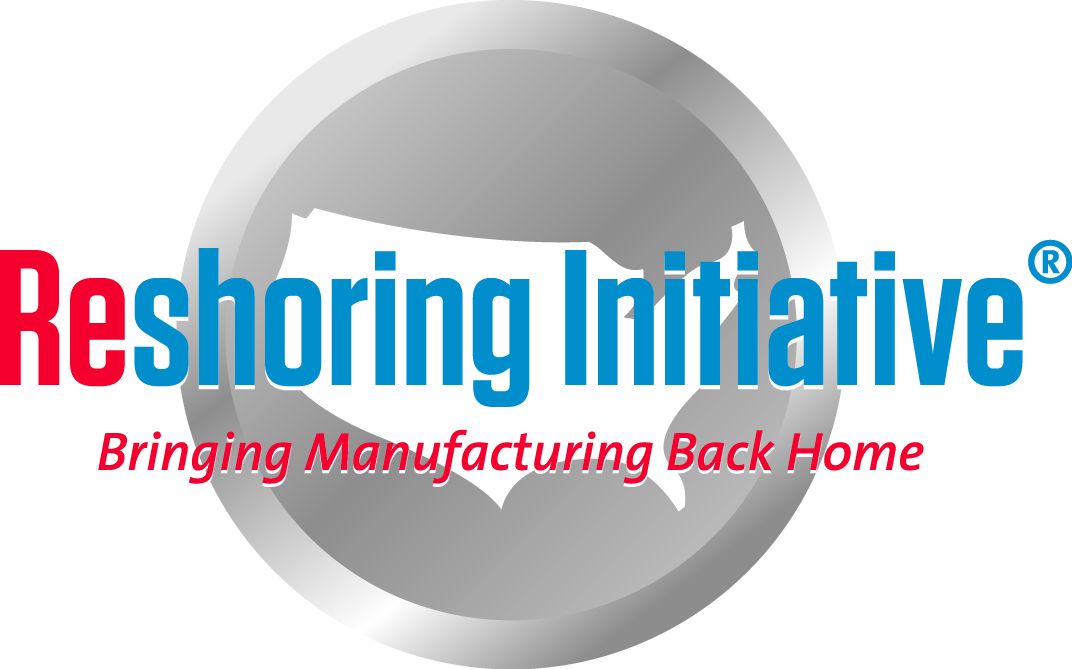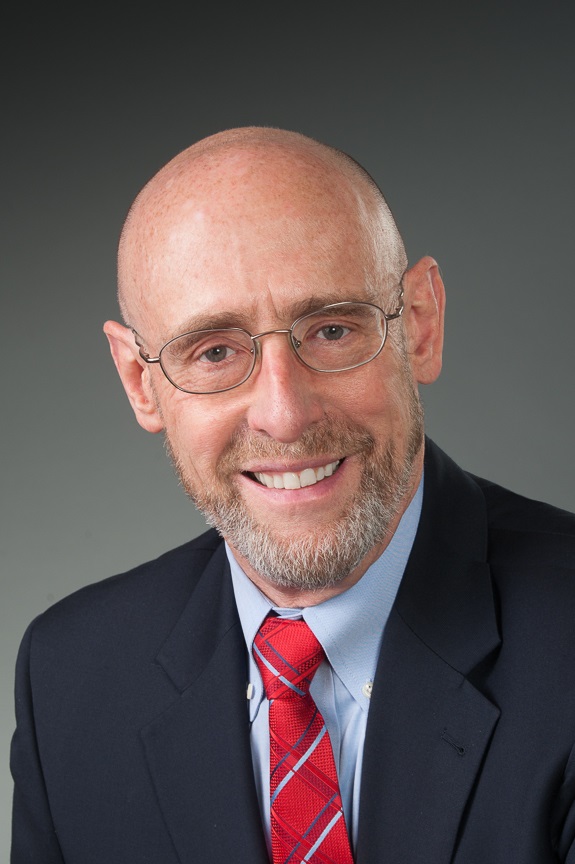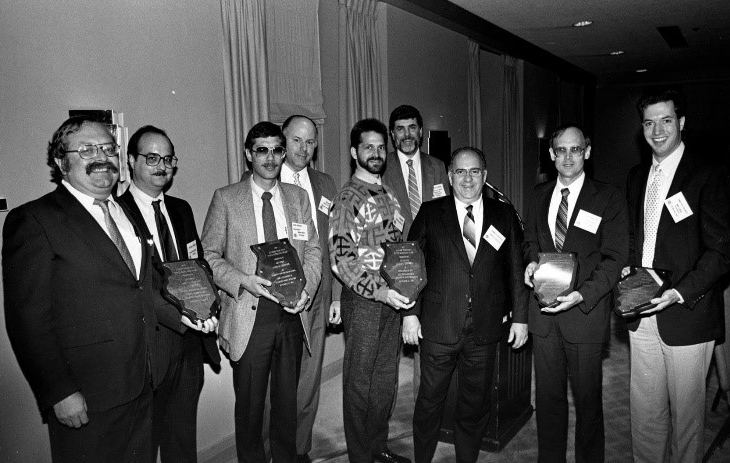 Over the last 29 years, there have been more than 500 Governor’s Sustainability Award winners. A select few that have won more than once. With so many companies winning the Award each year, it is hard to capture each winner’s path to the podium. To remedy this, ISTC has invited some of these Award past winners to share their stories at the Governor’s Sustainability Awards morning technical symposium.
Over the last 29 years, there have been more than 500 Governor’s Sustainability Award winners. A select few that have won more than once. With so many companies winning the Award each year, it is hard to capture each winner’s path to the podium. To remedy this, ISTC has invited some of these Award past winners to share their stories at the Governor’s Sustainability Awards morning technical symposium.
Speaking with past Award winners about their sustainability journeys allows us to uncover key strategies and tools to overcome barriers to implementing sustainable initiatives. ISTC invites the audience to ask tough questions that will help identify solutions that advance sustainability throughout the state.
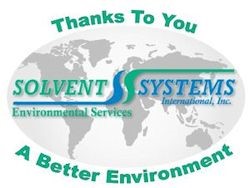 One of the key speakers on this panel is Steve Rundell, president of Solvent Systems International, which was one of the first winners of the Governor’s Sustainability Award. When he started his Elk Grove Village company in 1983, he wanted to help clients reduce chemical waste in places like dry cleaners and auto body shops. As he grew his business, he put his clients first by listening to their needs and creatively finding solutions that met them.
One of the key speakers on this panel is Steve Rundell, president of Solvent Systems International, which was one of the first winners of the Governor’s Sustainability Award. When he started his Elk Grove Village company in 1983, he wanted to help clients reduce chemical waste in places like dry cleaners and auto body shops. As he grew his business, he put his clients first by listening to their needs and creatively finding solutions that met them.
Solvent Systems International’s bio-based products create less waste. In a presentation to SCARCE (School & Community Assistance for Recycling and Composting Education), Mr. Rundell noted, “SSI’s products are designed so that at the end of their application the product does not persist in the environment but rather efficiently breaks down into an innocuous degraded product. We are committed to this mission to develop non-toxic products that perform as well as or better than the more toxic products in use today.”
During his talk at the Governor’s Awards, Mr. Rundell will discuss how he began to explore the development of bio-based products for his company and how he has continued to evolve his company’s culture to focus on the intersection between sustainability and smart business solutions. This panel will run from 10:15am – 11:45am on October 27th at the Sheraton Hotel Chicago. Another speaker, to be announced, will join Mr. Rundell on the panel.
Don’t miss out on hearing Mr. Rundell, and other speakers, at the Awards Ceremony this year. Registration is now open – reserve your spot now!


